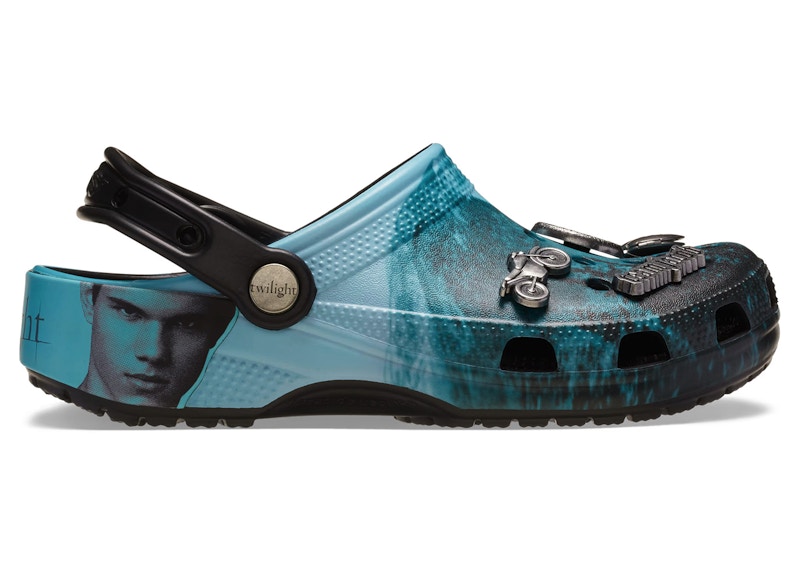
Introduction
Reebok has transcended its origins as a niche athletic footwear brand to become a global leader in fitness and lifestyle sportswear. With a storied history dating back to the 1950s, Reebok’s relevance in today’s fast-paced fitness culture is undeniable. In recent years, the brand has made significant strides in innovation and sustainability, catering to the diverse needs of modern consumers.
Historical Background
Founded in 1958 in Bolton, England, Reebok originally operated as a manufacturer of athletic shoes. It wasn’t until the 1980s that the brand skyrocketed to prominence, recognised for its revolutionary “Freestyle” sneaker, which played a crucial role in the aerobics craze. The 1980s and 90s marked an era of explosive growth for Reebok, with a focus on performance footwear for various sports, including running and training.
Recent Developments
In recent years, Reebok has embraced a strong return to its fitness roots and has invested heavily in sustainability. The brand launched the “Cotton + Corn” initiative, aiming to create more environmentally friendly products using natural materials. Their collaboration with various fitness influencers and athletes has helped reinvigorate its brand image, appealing to a younger, more diverse audience.
As of late 2023, Reebok has also placed a large emphasis on digital engagement, recognising the shift in consumer behaviour towards online shopping. The introduction of augmented reality (AR) technology within their app allows customers to virtually try on shoes, enhancing the shopping experience and driving sales.
Community Engagement
Reebok has made notable contributions to various community support initiatives, promoting inclusivity in fitness. Their campaigns aim to encourage individuals of all backgrounds to engage in physical activity, fostering a sense of community through fitness. This inclusivity strategy aligns with brand values that resonate with Gen Z and Millennial consumers who seek brands with purpose.
Conclusion
The ongoing evolution of Reebok reflects its adaptability and commitment to innovation in the ever-changing sports and fitness landscape. As the company looks to the future, its focus on sustainability, community engagement, and digital transformation will likely prolong its relevance. For consumers, Reebok remains not just a footwear choice but a lifestyle brand dedicated to enhancing their fitness journey.
You may also like

The Influence and Evolution of Plaid in Fashion

The Rise of Twilight Crocs in Footwear Fashion
